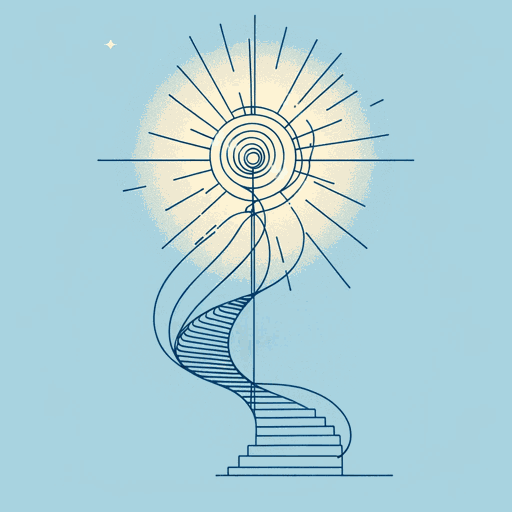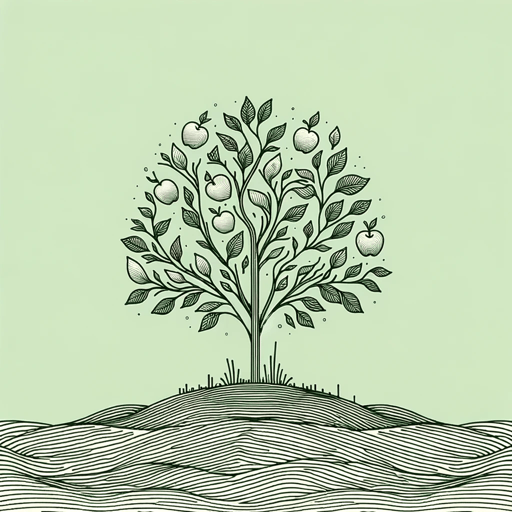24 pages • 48 minutes read
T. S. EliotTradition and the Individual Talent
Nonfiction | Essay / Speech | Adult | Published in 1919A modern alternative to SparkNotes and CliffsNotes, SuperSummary offers high-quality Study Guides with detailed chapter summaries and analysis of major themes, characters, and more.
Key FiguresCharacter Analysis
T. S. Eliot
Thomas Stearns Eliot (1888-1965) was among the foremost poets and critics of the 20th century. He was born and raised in St. Louis, Missouri. His family spent summers at their ancestral home in Massachusetts. Eliot attended Milton Academy in Massachusetts and then Harvard, receiving a bachelor’s degree in 1909 and a master’s in English literature in 1910. He moved to Paris for a year to attend the Sorbonne, where he sat in on lectures by Charles Maurras and read poetry by Jules Laforgue and Charles Baudelaire. These influences shaped his perception of emotion, time, and consciousness. In 1915, he moved to England and spent the remainder of his life there.
Eliot’s work reflects some of the primary concerns of Modernism: fragmentation, time, history, homelessness, and identity. Throughout his life and work, Eliot pursued wholeness and communion. These pursuits appear in both his creative and critical work. “Tradition and the Individual Talent” challenged the norms of literary criticism of his time, redefining the roles of tradition, time, poets, and poems. Eliot’s editorial and critical work reached beyond the readership of his essays. From 1922 to 1939, he edited The Criterion, an intellectual literary journal.
Related Titles
By T. S. Eliot

Ash Wednesday
T. S. Eliot

Four Quartets
T. S. Eliot

Journey of the Magi
T. S. Eliot

Little Gidding
T. S. Eliot

Mr. Mistoffelees
T. S. Eliot

Murder in the Cathedral
T. S. Eliot

Portrait of a Lady
T. S. Eliot

Rhapsody On A Windy Night
T. S. Eliot

The Cocktail Party
T. S. Eliot

The Hollow Men
T. S. Eliot

The Love Song of J. Alfred Prufrock
T. S. Eliot

The Song of the Jellicles
T. S. Eliot

The Waste Land
T. S. Eliot

